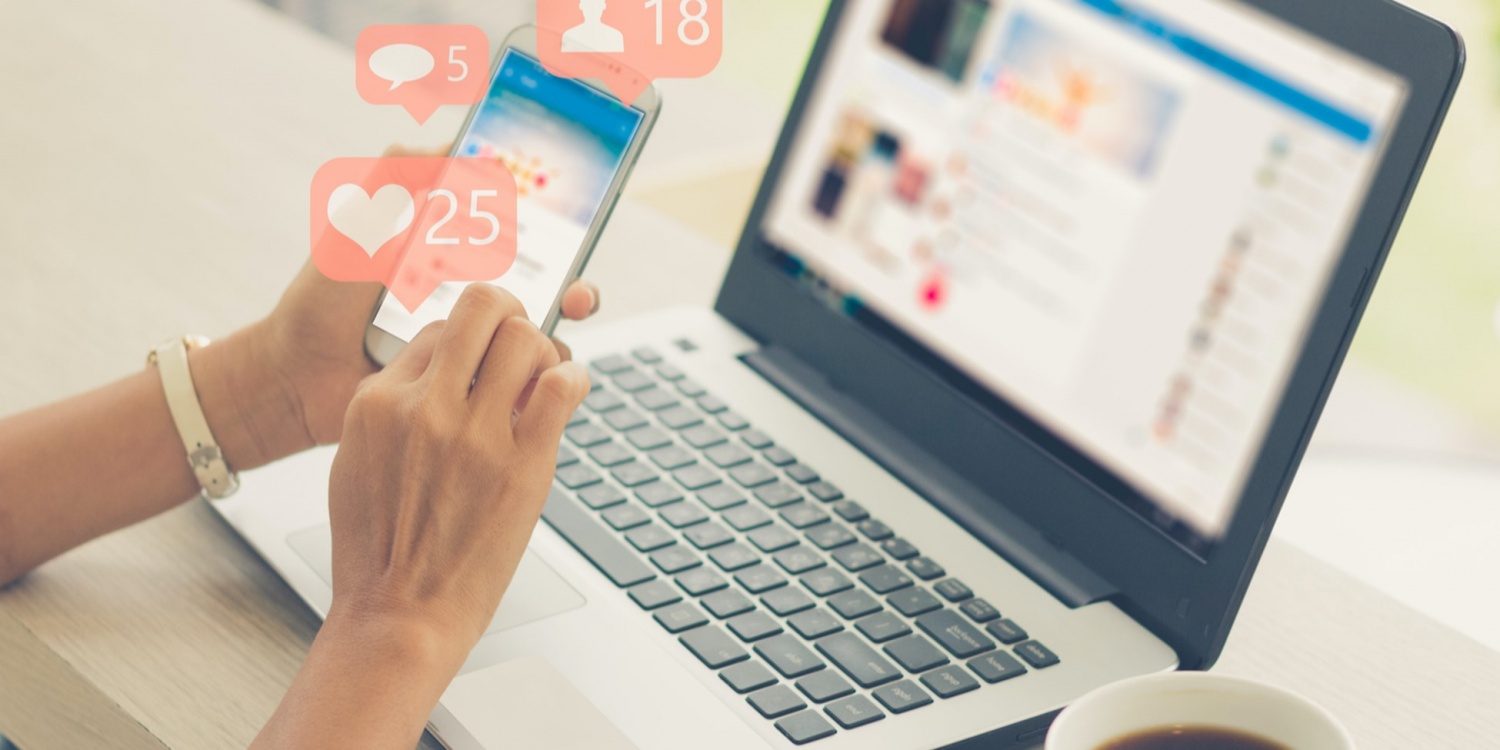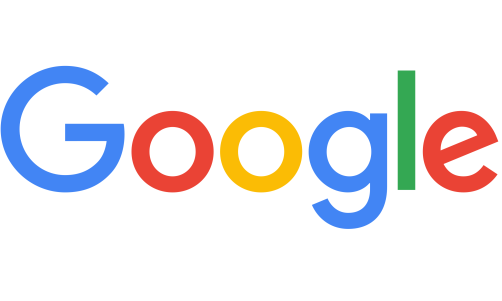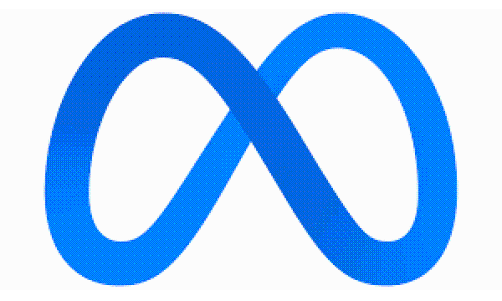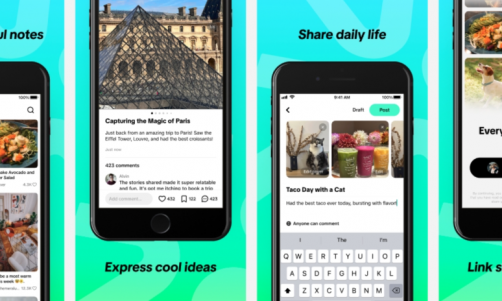The importance of social media on a grand scale today is clear. It is no longer a concept that is purely aimed at entertainment, conversation or simply to do with connecting with old friends. Social media has sprouted wings and is flying in all directions today affecting all sectors, making it an indispensable tool for any organization. This is because social media today serves as a salient marketing tool and because it is such a powerful tool it is leveraged to push the digital transformation along at a blistering pace. The change in daily time spent on social media from 2012 to today is an eye-opening one. In 2021, according to official global statistics, 90 minutes per day were being spent on social media by users overall. Today, that figure is over 145, clearly eclipsing what it was less than a decade ago. Today, massively increased internet penetration has resulted in over half of the world being connected to social media, which results in some over 4 billion people. Not only that, but over 50% of the world's population actively use social media with an estimated average time of almost 2.5 hours spent on social media. Social media platforms that have been established for over a decade now such as YouTube, Facebook, Instagram, and most recently TikTok have taken the world by storm. They have changed the way, effectively, how society functions and how global business models operate. Not to mention that social media is fundamental for any brand looking to grow nowadays, or be relevant at all.
In a cyberspace environment, like the internet, where more than 300 million new internet users come online every 12 months on average, it is normal to expect there to be some issues. With Gen Z and the Millenials taking up most of the internet usage, growth in social media has never been greater. The question never was whether social media is good for society, it very much is, but the question that needs to be asked is how cybersecure and private are you on social media?
Why is Social Media Vulnerable to Cyber-attacks?
As more and more people overshare their information and entrust sensitive information to social media (meaning that they store it on there) the attack combinations increase for what is called cybercriminals. Cybercriminals are digital criminals, looking to steal credentials and most often financial information from naive internet users. For cybercriminals, the fastest path to profit is always going to be the preferable one (called return-on-investment). It isn't only naive social media users that blindly share their sensitive information or forget to use proper passwords on social media leaving their profiles vulnerable, but users of cryptocurrencies. Celebrities too are very often the target of cybercriminals over social media. The storage of user information on social media platforms like Facebook, for example, means that hundreds of millions of users have their photographs, location information, and much more stored on the public cloud. Famously, these public clouds have been hacked and compromised over the years, leaving hundreds of millions of profiles vulnerable in the open.
Real Instances of Social Media Cyber-Disruptions
Last year in July, cybercriminals had breached the Twitter accounts of the rich and famous. The celebrity profiles of billionaire Bill Gates, social media star Kim Kardashian and tech-mogul Elon Musk were hacked into by cybercriminals. The accounts and information on the were taken hostage by hackers, and a ransom was to be paid in Bitcoin cryptocurrency. Furthermore, phishing is another very popular form of social media cyber-attack. Phishing is essentially a scam, which is crafted to trick users into entering their details on a fake web page or portal. The notorious Vevo cyber-attack was orchestrated just like this, which was sourced from a LinkedIn breach. More real examples of social media cybercrime on a higher level, for example, is another notorious attack that entailed targeting phishing (spear-phishing) attacks conducted by Russian specialists who used Twitter as the attack surface and distributed malicious software across a large space. Last, but not least, is the notorious 2013 social media incident. Then, the stock market had reported a loss of over $100 billion. This was because of the AP (Associated Press) incident conducted by cybercriminals who breached the AP Twitter account and posted a fake news story that described an explosion in The White House in Washington, D.C. The consequences of this incident caused the Dow index to fall by 150 points.
Everything from the cloning of Facebook accounts scams, malicious software delivery over fake ads, targeted LinkedIn cybercrime and more is all the more reason to raise awareness about cybersecurity in social media.
How to Defend Yourself Against Social Media Cyber-Attacks
Defending the social media space against cybercrime is a multi-stage process that is detailed below. This is essential knowledge for both individuals and any organization out there (anyone that uses social media or has an account.)
● Using long, complex, and unique passwords across your social media accounts. Never use the same password for more than one account
● Look at changing up your unique passwords once a month at the very least
● Digging into privacy and sharing settings means looking at what information is shared and who can see the information (as well as how sensitive that information is)
● Avoiding oversharing every detail of your life or whereabouts online. This way, you will be giving cybercriminals much less to work with
● Be wary of unknown contacts, mysterious or urgent messages, and unusual popups or requests that you do not recognize
● Avoid sharing your ID, address, phone numbers, usernames and passwords, medical information, whereabouts, and especially your financial information online, at all costs
● Try to look at your accounts from the shoes of an attacker, what would you exploit? What would you try to steal? How would you try to breach the account?
Sharing information on social media means that the shared information at once becomes public and permanent (in that it can be copied by someone else and stored.) Cyber-attacks happen most often due to human error and lack of cybersecurity awareness, so most problems can be resolved by increasing knowledge and awareness on the topic. The internet is no longer a safe place and is riddled with thieves, scams, extortions, blackmail, and reconnaissance.














